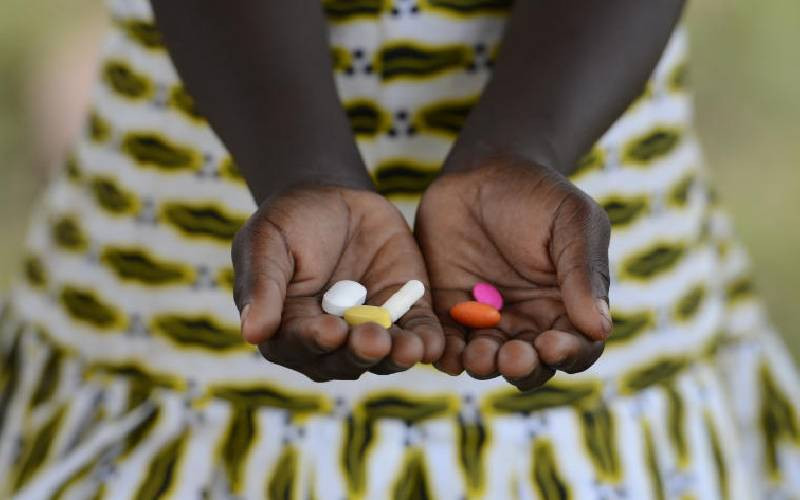
Each month, a woman faces the crucible of pain — her body seized by the fierce grip of cramps, her blood flowing in a ritual as ancient as time itself.
Yet in this suffering lies the sacred joy of womanhood, for it marks her unmatched power: the power to create life. Her bleeding, though born of pain, heralds fertility—an ancient promise that her womb is a vessel of creation, where the very essence of life is forged. This duality of burden and glory, agony and triumph, defines her unique role in the continuation of life.
But with time, this monthly flow ceases. Her womb, once fertile and full of promise, dries up, marking the onset of menopause—a transition that signifies the end of her reproductive years. Menopause is not just a “pause” as the name might suggest, but a permanent change that signals the end of a woman’s ability to bear children. And with this transition comes a host of physical, emotional, and psychological challenges. For many women, menopause can be a disorienting experience. Depression is a common side effect as the reality of this life stage sets in—she is no longer a vessel for life. This realisation can feel like a loss of identity for those who have long defined themselves by their role as potential mothers.
The physical changes are no less daunting. With the decline in estrogen and other hormones, her body may begin to transform in ways that feel alien: unwanted facial hair, weight gain, and a shift in her overall sense of femininity. What was once symbol of life and creation, her womb, can now be a source of medical concern, prone to complications.
But menopause does not just affect women; its impact extends beyond the individual to her relationships, particularly her marriage. Men, though not physically experiencing menopause, are still deeply affected by the changes it brings to their partners. Many husbands must now navigate their wives’ mood swings, emotional struggles, and insecurities. There is often a growing fear among women that their husbands might stray to younger, fertile women.
This male instinct to procreate, while not discussed as openly, is a significant factor in marital dynamics during and after menopause. Traditionally, many African societies addressed this through polygamy. In Western societies, a similar phenomenon occurs through serial monogamy, with men divorcing and remarrying younger women, often continuing to have children late into life. But in modern Africa, where polygamy is seen as outdated or even legally prohibited, men find themselves in a bind.
- How period poverty almost ruined my womanhood bliss
Keep Reading
Unable to legally take multiple wives or become serial monogamists, some men turn to secret affairs, resulting in illegitimate children and legal battles over child support and inheritance. This is becoming an increasingly common problem in Africa. The consequences are not just personal; they affect the courts, family structures, and societal norms as well. The sexual life of a couple can also suffer after menopause. For many women, sexual desire is closely tied to fertility, with the most sexually active periods often occurring around ovulation, when the body is primed for reproduction. Once the possibility of procreation is gone, the instinctive drive for sex can diminish.
Addressing challenges posed by menopause requires a multi-faceted approach. It is not enough to simply focus on the physical symptoms experienced by women; we must also acknowledge and address the broader social and psychological implications. Menopause affects not just women but their relationships, their families, and society.
As we move toward more open discussions about menopause, it is crucial to rethink how we support women through this life stage and how we help couples navigate the new realities it brings to their relationships. Menopause is not merely the end of fertility—it is a stage of life that, if managed with understanding and empathy, can be a time of renewal for both women and their partners.
 The Standard Group Plc is a multi-media organization with investments in media platforms spanning newspaper print
operations, television, radio broadcasting, digital and online services. The Standard Group is recognized as a
leading multi-media house in Kenya with a key influence in matters of national and international interest.
The Standard Group Plc is a multi-media organization with investments in media platforms spanning newspaper print
operations, television, radio broadcasting, digital and online services. The Standard Group is recognized as a
leading multi-media house in Kenya with a key influence in matters of national and international interest.











